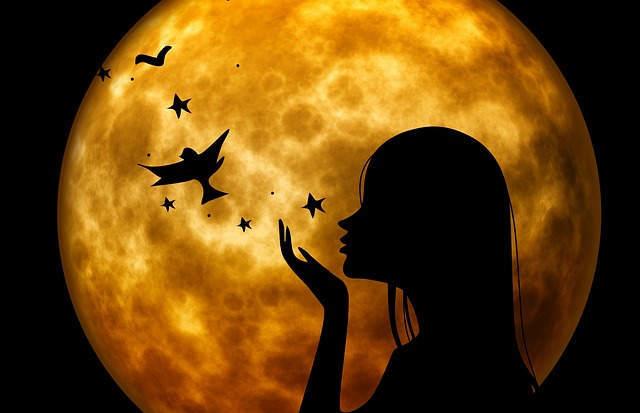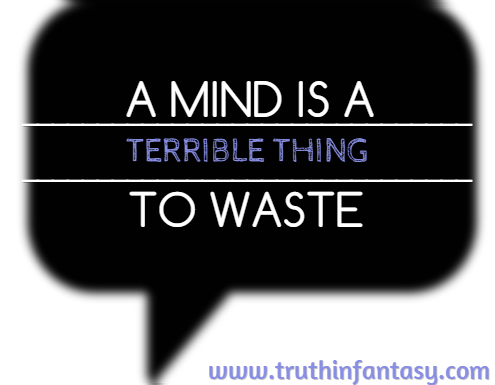I’m still crushing on Robyn Peterman and her Fashionably Dead series, and I'm loving it. I’m laughing that I found her by accident, thinking she was Robin Hobb. Robin Hobb is definitely on my TBR list, but not till I’m finished with Robyn Peterman, whose protagonist, Astrid, reminds me a bit of MaryJanice Davidson's Queen Betsy, especially given their mutual love of ridiculously expensive shoes. But there is a lot of originality in the Fashionably Dead series, so check it out. This isn't a book review, though, so onto the topic of the day: mothers from hell, about which I’ve written recently here. The protagonist of the Fashionably Dead series, Astrid, has one and so did I. In Astrid's case, the woman really was from down under, and I don't mean Australia. In my own situation, it only seemed that way. In both cases, however, Astrid and I were doomed to love mothers who just wouldn't, or couldn't love us back.
Unfortunately, the unrequited love of a child for a parent isn't at all affected by the lack of reciprocity. Which sucks butt, as Astrid would say (she's a woman after my own heart with a mouth like a sailor--which she doesn't filter at all. I try to tone it down for these posts, just because I dislike indulging my inner truck driver, as she tends to want the foot when I give her even an inch. But I've digressed, quite a bit). Time to pretend I meant to get off track and tie it all back together. My mother hated my potty mouth, in fact. So of course I indulged it whenever possible around her. Cause I'm mature like that. And also because I knew, deep in my heart of hearts, that no matter what I said or did, nothing was going to make that woman love me. Nothing.
Which, as Astrid notes repeatedly, didn't make me love her any less. Which hurts. A lot. Endlessly, in fact. It bites the big kahuna when the person who brought you into the world doesn't think the act of her creation made the world a better place. Everyone wants to believe that their progeny makes the world a better place. Except my mother. And Astrid's, apparently.
So this mother-who-doesn't-love-her-daughter meme isn't unheard of, I guess. I always figured if it was common enough for someone to write about, and someone else to publish, it couldn’t be a unique phenomenon. Which makes me sad. Cause I can't imagine it. I can't imagine not loving my children, not wanting what's best for them, and not wanting to give them any good thing, thought, or feeling I can muster. I've always felt that as a parent, I made the choice to bring these souls into the world (with their father, of course) and that I owe them for that decision. I know there are parents out there who believe that the gift of life obligates the child to the parent, but I've always thought that was bass akward.
Kids don't ask to be born. And there are way too many parents out there who have children to satisfy some messed up, broken part inside themselves that needs healing and they believe that babies are just the band aid that can fix them. To me, such thinking couldn't be more backward. It's up to us as parents to be the band-aids that soothe the hurts inflicted by the world on our poor innocent children. Kids aren't born to fill our empty spaces. We're supposed to fill theirs.
The worst part of being the child of a parent who doesn't love you back is that the desire for that non-existent love never goes away. Even after they die and you know, absolutely, that it's game over and the possibility of experiencing true maternal love is gone for good, the wanting doesn't leave completely. This is true for Astrid--who killed her mother (it was completely justified), and still Astrid pined for her mother's love and approbation and mourned her death and subsequent suffering in the fires of Hell. I think there is a special part of Hell reserved for parents who abuse the gift that is their children, whether through violence, neglect or rejection. By the same token, I can totally relate to Astrid's not wanting her mother to suffer there. Call me conflicted.
And confused, and betrayed and resentful, and guilty and ashamed. Because there is no way around wondering what the hell is wrong with me that my own mother didn't love me. And while years of therapy and other forms of help and support, and, most importantly, the love of my amazing husband and my wonderful friends has helped me to realize that it was her and not me, the shadow of those horrendous emotions will always fall over me, kind of like Monica Lewinsky's dress. There is no way to exorcise them entirely. At best such feelings leave scars in the places that were torn and damaged, leaving them hopefully stronger in some ways, but nevertheless visible and potentially disfiguring.
Parents can do so much harm. And so much good. Such a hard job. Such a great job. But one that comes with certain obligations that must be met whether we want to meet them or not. Parenthood is the one decision we can never take back, no matter how it works out.
But I do believe that we mostly reap what we sow. Not always, and not entirely, but more or less. Makes you think, doesn't it?
So while I eschew pity in all ways, I embrace empathy, and I can feel for Astrid. And for me. We've both healed. And learned. But it does make me wish such recovery and education was unnecessary in the world.




















